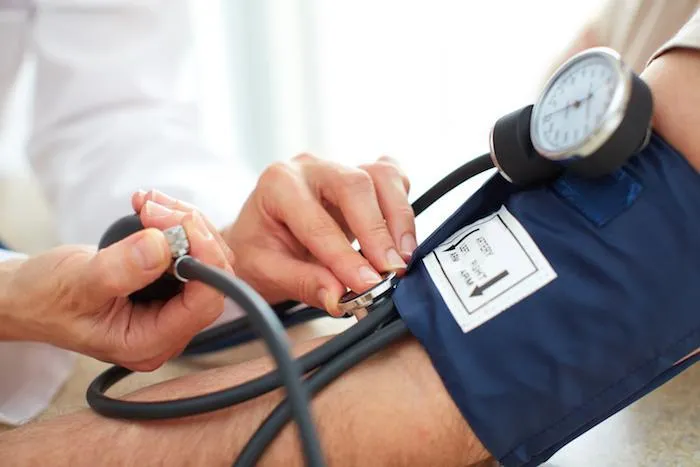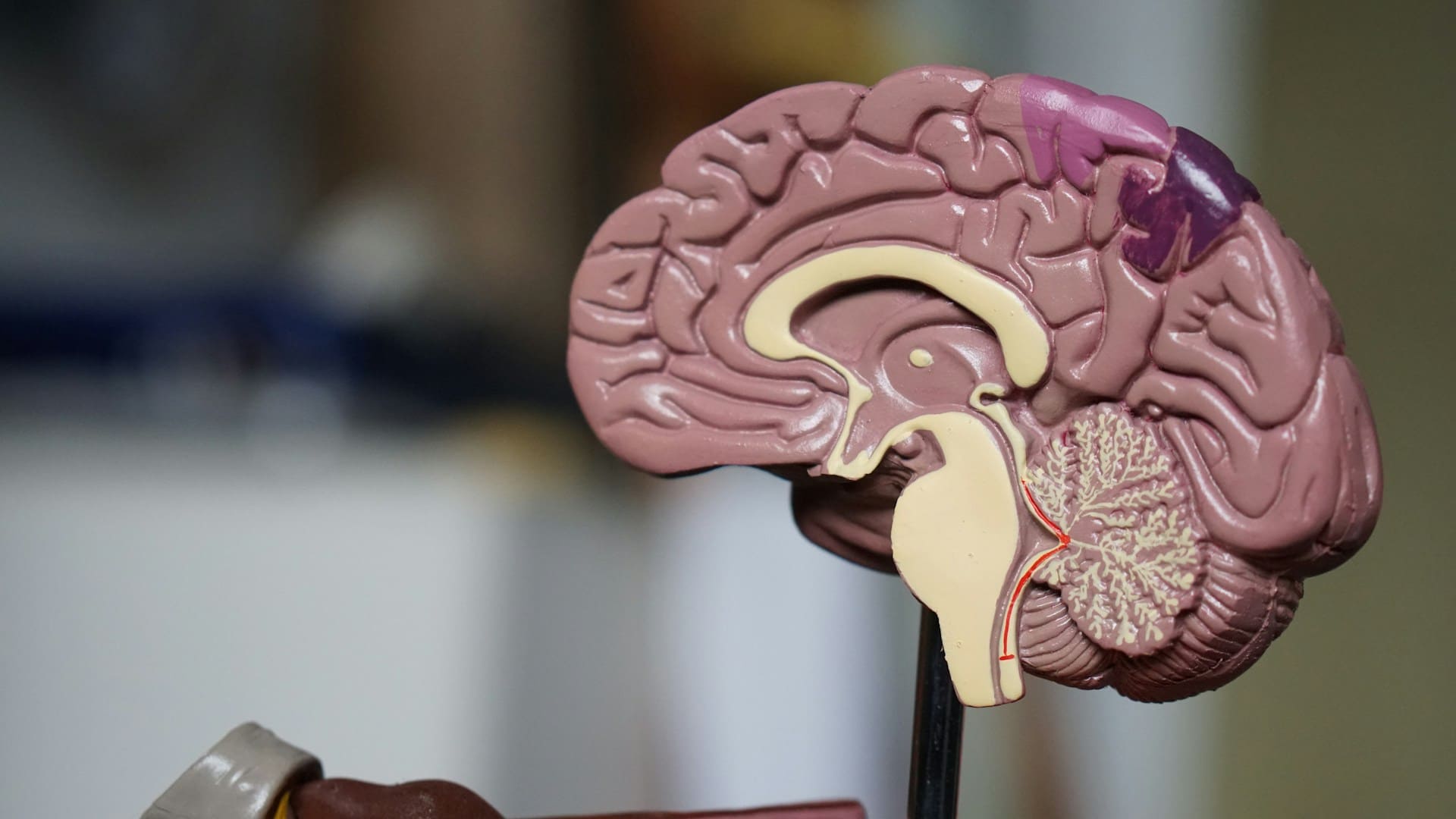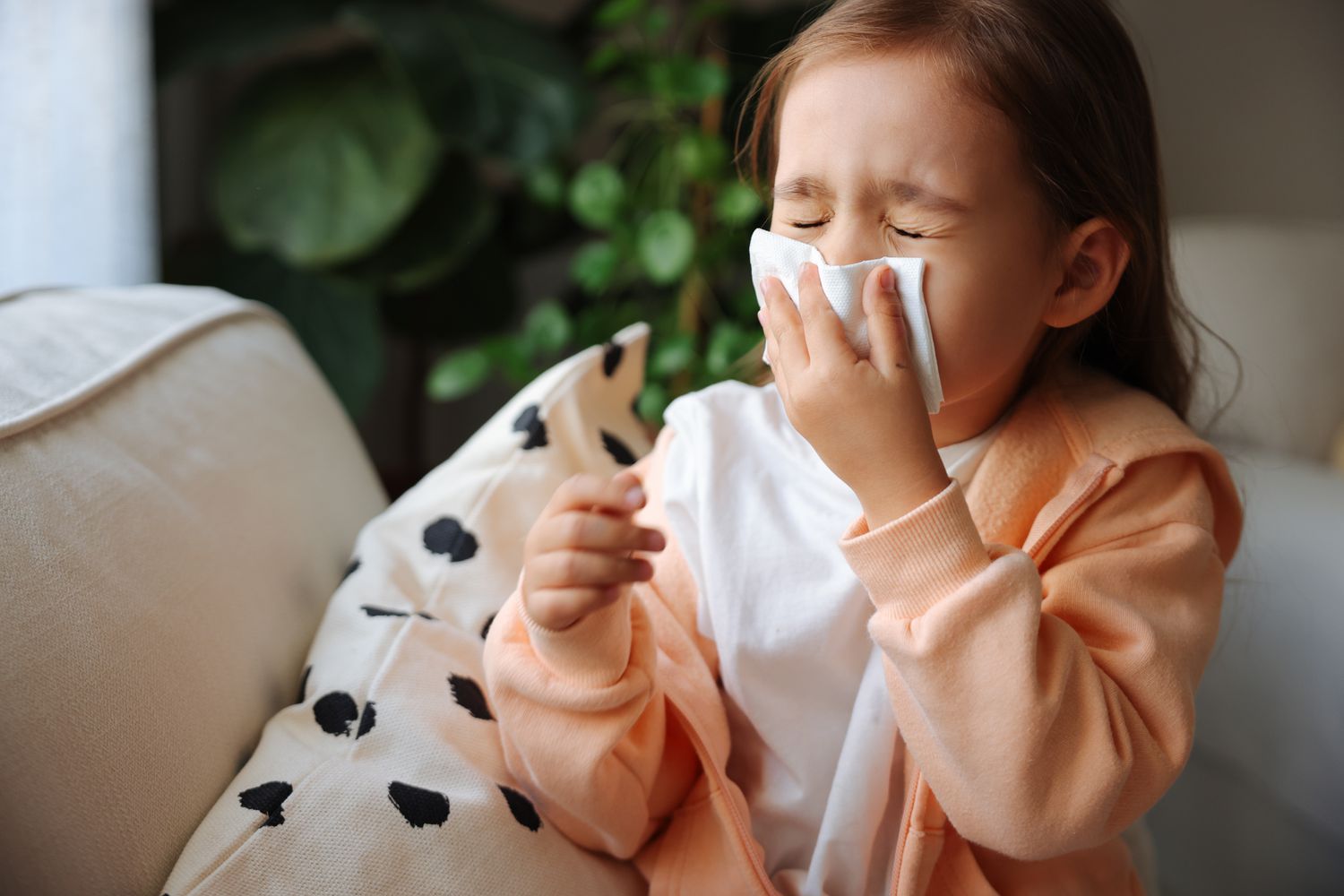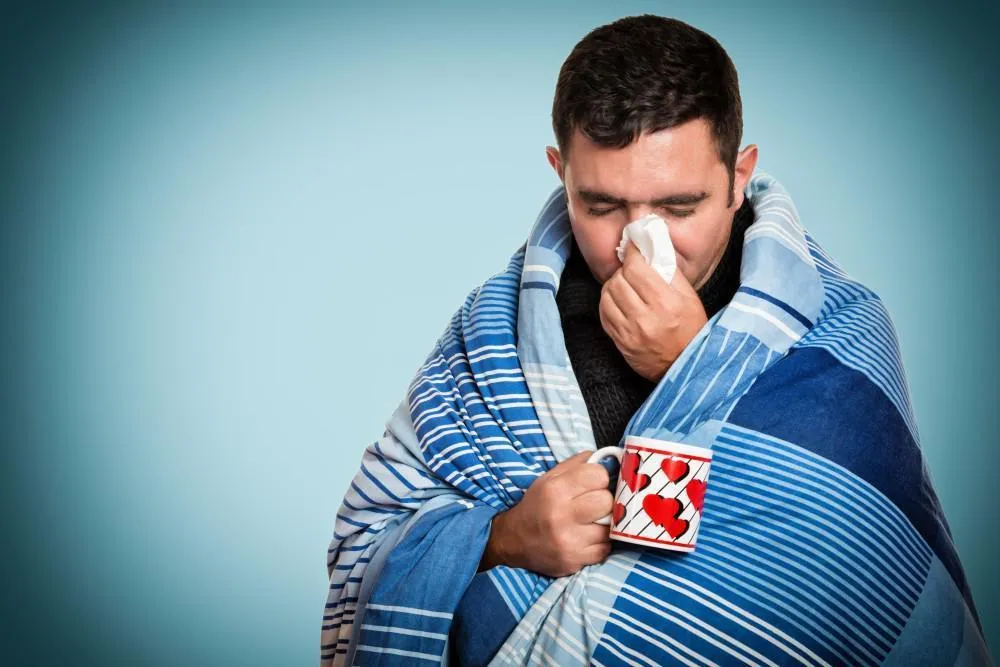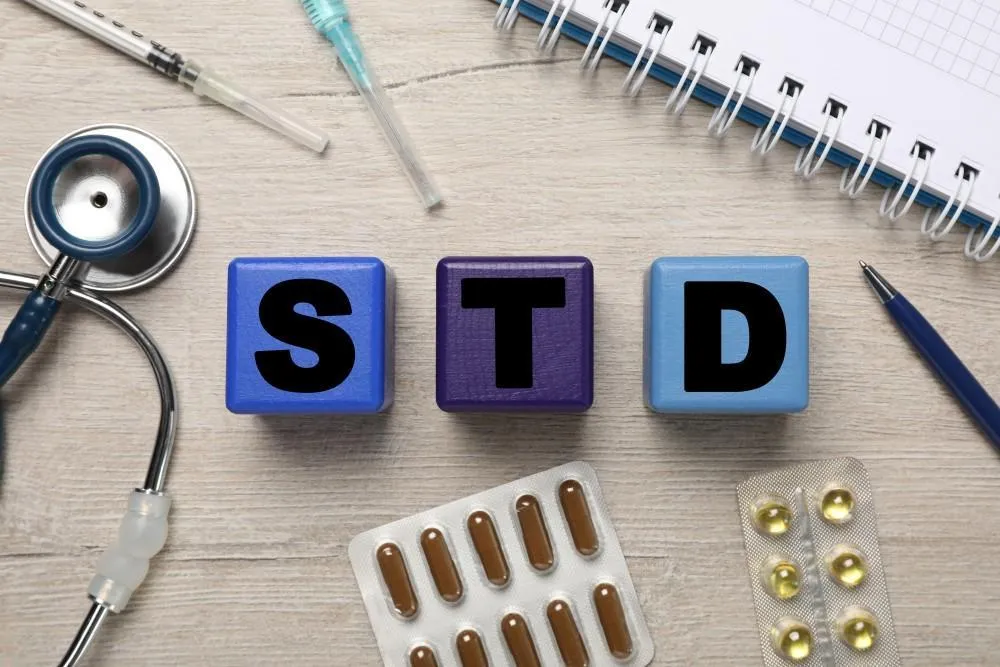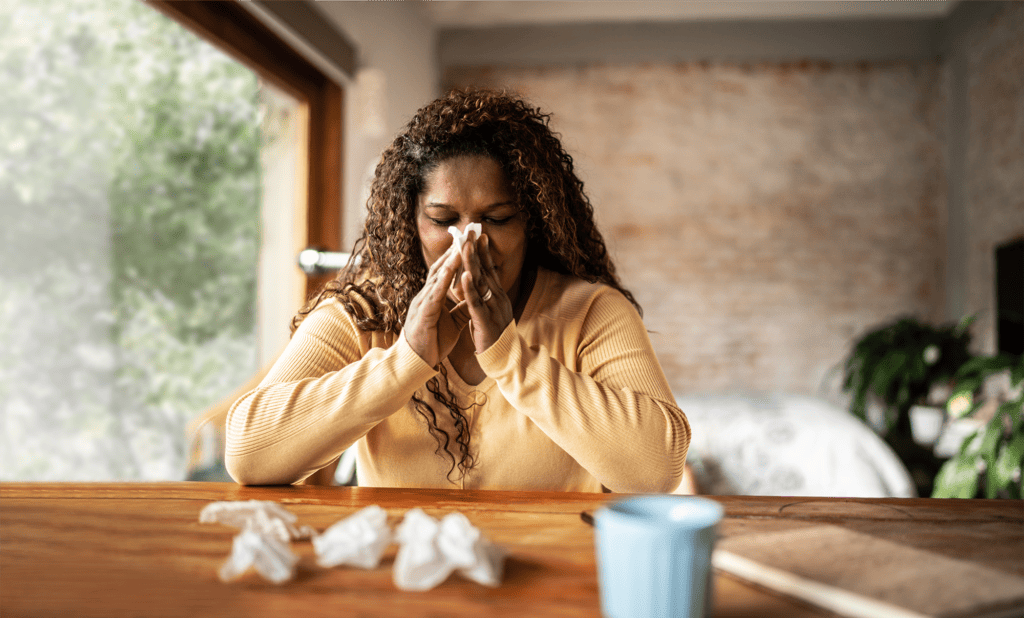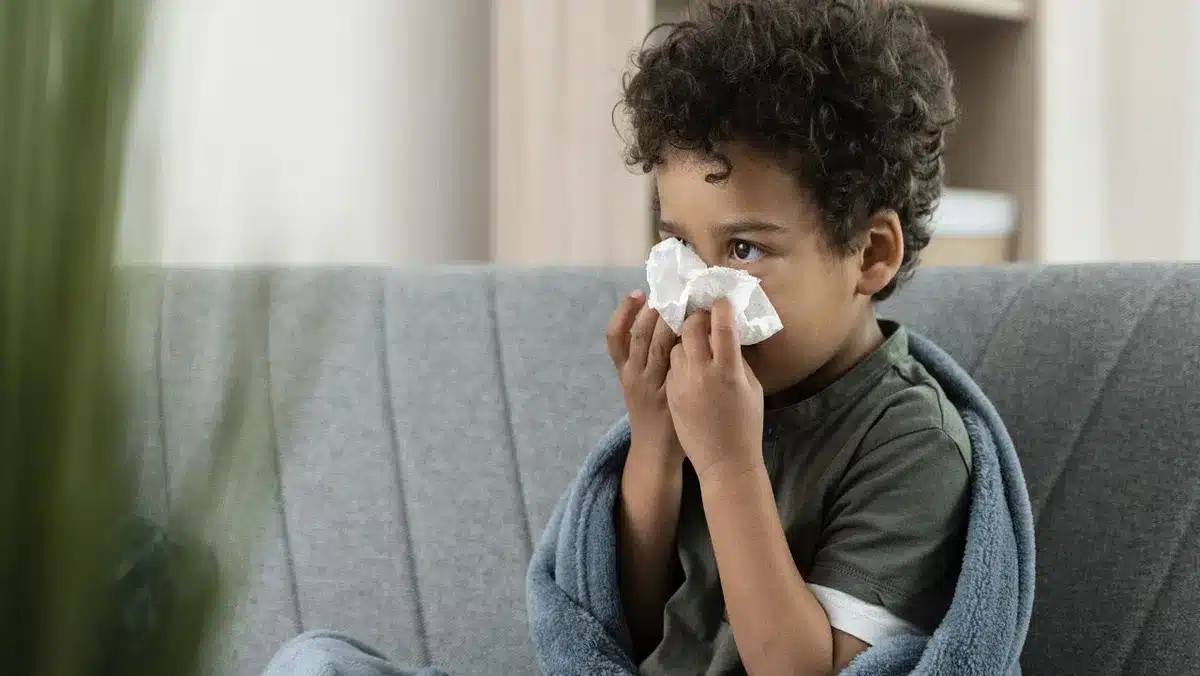Importance of Mental Health Awareness for Healthcare Workers

Mental health in healthcare workers is critical due to the demanding nature of their profession. Healthcare workers often face high levels of stress, long working hours, and emotionally challenging situations, all of which can take a toll on their mental well-being. By being aware of mental health issues, healthcare workers can better recognize the signs of burnout, anxiety, depression, and other conditions in themselves and their colleagues. There are various physical types of injuries in the workplace, but few people think about the fact that there can also be injuries related to a person’s mental health.
This awareness can lead to early intervention and support, ultimately improving healthcare workers’ overall well-being and job satisfaction. Additionally, healthcare workers prioritizing mental health are better equipped to provide compassionate and effective care to their patients. Overall, promoting mental health in healthcare workers is essential for creating a supportive and healthy work environment that benefits both the healthcare workers and the patients they serve.
Why Nation’s Health Workers Need Support?
Workers` health plays a vital role in maintaining and improving the health of a nation’s population. They are on the front lines, providing essential care, treatment, and support to needy individuals. However, the demanding nature of their work, coupled with factors such as long hours, high-stress levels, and exposure to traumatic situations, can take a toll on their physical and mental well-being. This is why a nation must provide support to its health workers.
Support for health workers can come in various forms, including access to mental health services, training and resources to cope with stress and burnout, adequate rest and breaks during shifts, and recognition for their hard work and dedication. By supporting health workers, a nation can ensure that they can perform their duties effectively and sustainably, leading to better health outcomes for the population as a whole. This will also help avoid healthcare worker burnout.
In times of crisis, such as the COVID-19 pandemic, the need for support for health workers becomes even more pronounced. They are at the forefront of the response efforts, risking their health and well-being to care for those affected by the crisis. By offering support to health workers during such challenging times, a nation can help them cope with the stress and pressure of their work, ultimately ensuring the resilience and effectiveness of its healthcare system. Mental health goal setting will help you better understand your weak points and focus on correcting existing problems
Study Reveals Declining Mental Health Among Healthcare Workers
Mental health research on healthcare workers is fundamental as these professionals are on the front lines of disease and stress, especially during the COVID-19 pandemic. High levels of stress, anxiety, and depression among healthcare workers can lead to healthcare burnout, decreased quality of patient care, and increased errors. Supporting mental health helps improve the work environment, motivation and employee satisfaction, contributing to better patient care and overall health system performance. Regular research helps identify problems and develop effective support strategies.
A research team led by Dr. Tait Shanafelt of Stanford University conducted a study on burnout and work-life integration in physicians in the U.S. from 2011 to 2017. The results found that nearly half of physicians (44% in 2011) experience at least one symptom of healthcare burnout, and the percentage of those experiencing burnout increases over time (54% in 2017).
The study, titled “Mental Health Crisis Among Healthcare Workers: A Comprehensive Analysis of Stress, Anxiety, and Burnout,” was conducted by the National Institute of Mental Health (NIMH) in collaboration with the American Medical Association (AMA) in 2023. It has unveiled a troubling decline in the mental health in healthcare workers, underscoring the urgent need for better support systems. Surveying over 10,000 professionals, including doctors, nurses, and support staff, the study found significant increases in stress, anxiety, and depression among these workers, primarily due to the ongoing pressures of the COVID-19 pandemic.
Healthcare worker burnout is a problem faced by many professionals, and it can negatively impact the quality of care provided to patients. Many studies indicate that burnout at work can cause medical errors and suboptimal patient care practices. In addition, burnout also affects a person’s life as it can cause car accidents, absenteeism at work, dissatisfaction in life, and other problems. Mental health treatment shouldn’t be ignored, as it is the key to mental balance and making the right choices at work.
In addition to the problem of burnout, medical professionals also face problems such as ethical dilemmas and moral trauma. This is a kind of psychological distress that will contribute to the development of guilt and shame. Constant negative thoughts, on the other hand, can cause the development of depression and PTSD, as well as thoughts of changing careers. Studies show that most workers experience stress in silence and are reluctant to seek help, for fear of losing their license. But this should never be done, as the risk of suicide attempts increases by at least 17%. According to WHO data, many doctors become disillusioned with their profession and decide to change their line of work.
The healthcare system has been very much affected by the coronavirus pandemic. The question of employee mental health is very sensitive, as it directly affects the efficiency of the health care system. While 40% of medical professionals experienced burnout in 2018, in 2020 that number has increased to nearly 60%. Moreover, 22% of healthcare providers said they knew a physician who had committed suicide, and the number of healthcare providers using illicit drugs or alcohol increased to 18%.
Well-being Workplaces
Creating well-being workplaces for healthcare workers is essential for ensuring their mental and physical health, job satisfaction, and overall productivity. Healthcare workers face high levels of stress, long hours, and emotionally demanding situations. To support their well-being, workplaces must offer mental health resources, such as access to counseling services and regular mental health screenings. Promoting work-life balance through flexible scheduling and manageable workloads is also crucial.
A supportive environment with self-care and stress management, support programs, and open communication about mental health in healthcare workers can help reduce stigma and foster resilience. Providing ongoing training and career growth opportunities keeps healthcare workers motivated and engaged. Additionally, ensuring a safe and healthy work environment with ergonomic workstations, healthy food options, and wellness programs enhances physical health.
Recognizing and rewarding the efforts of healthcare workers boosts morale and reinforces a positive workplace culture. By prioritizing the well-being of healthcare workers, organizations can improve patient care, reduce turnover, and enhance overall efficiency.
Supporting Each Other as Healthcare Professionals
Supporting each other as healthcare professionals is crucial for fostering a positive and resilient work environment. In a field marked by high stress and emotional challenges, mutual support and heart-healthy living tips can make a significant difference in job satisfaction and overall well-being. Establishing peer support programs allows healthcare workers to share experiences, offer advice, and provide emotional backing during difficult times.
Encouraging open communication about healthcare workers’ mental health reduces stigma and promotes a culture of understanding and empathy. Regular team-building activities and social events can strengthen bonds and create a sense of camaraderie. Mentorship programs also play a vital role, enabling experienced professionals to guide and support newer staff.
Additionally, recognizing and appreciating each other’s efforts fosters a positive atmosphere and boosts morale. By creating an environment where healthcare professionals feel valued and supported by their peers, organizations can enhance teamwork, reduce burnout, and improve the quality of care provided to patients. Prioritizing mutual support is key to maintaining a healthy and effective healthcare workforce. Mindfulness and well-being are techniques for practicing the way you think and accept situations that will promote wellness.
Conclusion
Prioritizing mental health in healthcare workers is crucial. Engage in mental health awareness programs with All Day Medical Care Clinic, seek support when needed, and practice self-care. Together, we can create a healthier, more resilient healthcare community. Take action today for your well-being and the well-being of those you care for. Advocate for mental health today!




